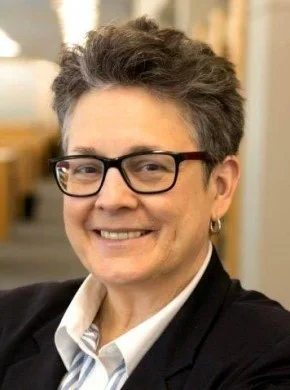
R. Daniel Kelemen "Beyond Brexit: What Comes Next for the UK and EU?"
R. Daniel Kelemen is Professor of Political Science and Jean Monnet Chair in European Union Politics at Rutgers University. Kelemen's research interests include the politics of the European Union, law and politics, comparative political economy, and comparative public policy. His most recent book Eurolegalism: The Transformation of Law and Regulation in the European Union (Harvard University Press, 2011) won the Best Book Award from the European Union Studies Association. He is also author of The Rules of Federalism: Institutions and Regulatory Politics in the EU and Beyond (Harvard University Press, 2004), as well as over forty book chapters and articles in journals including the American Political Science Review, World Politics, International Organization, Comparative Political Studies, West European Politics, Journal of Public Policy and Journal of European Public Policy. He is editor of Lessons from Europe? What Americans Can Learn from European Public Policies (CQ Press, 2014) and co-editor of The European Union: Integration and Enlargement (Routledge, 2014), The Power of the European Court of Justice (Routledge, 2012), and The Oxford Handbook of Law and Politics (Oxford University Press, 2008). He serves on the editorial boards of the Journal of European Public Policy and West European Politics and is a former member of the Executive Committee of the European Union Studies Association.
Kelemen previously served as the Director of the Center for European Studies at Rutgers University. Prior to Rutgers, Kelemen was Fellow in Politics, Lincoln College, University of Oxford. He has been a Member of the Institute for Advanced Study at Princeton, visiting fellow in the Program in Law and Public Affairs (LAPA) at Princeton University, a Fulbright Fellow in European Union Studies at the Centre for European Policy Studies in Brussels and a visiting fellow at the Center of International Studies at the Woodrow Wilson School of Public and International Affairs at Princeton University. He was educated at Berkeley (A.B. in Sociology) and Stanford (M.A. and Ph.D. in Political Science).

















